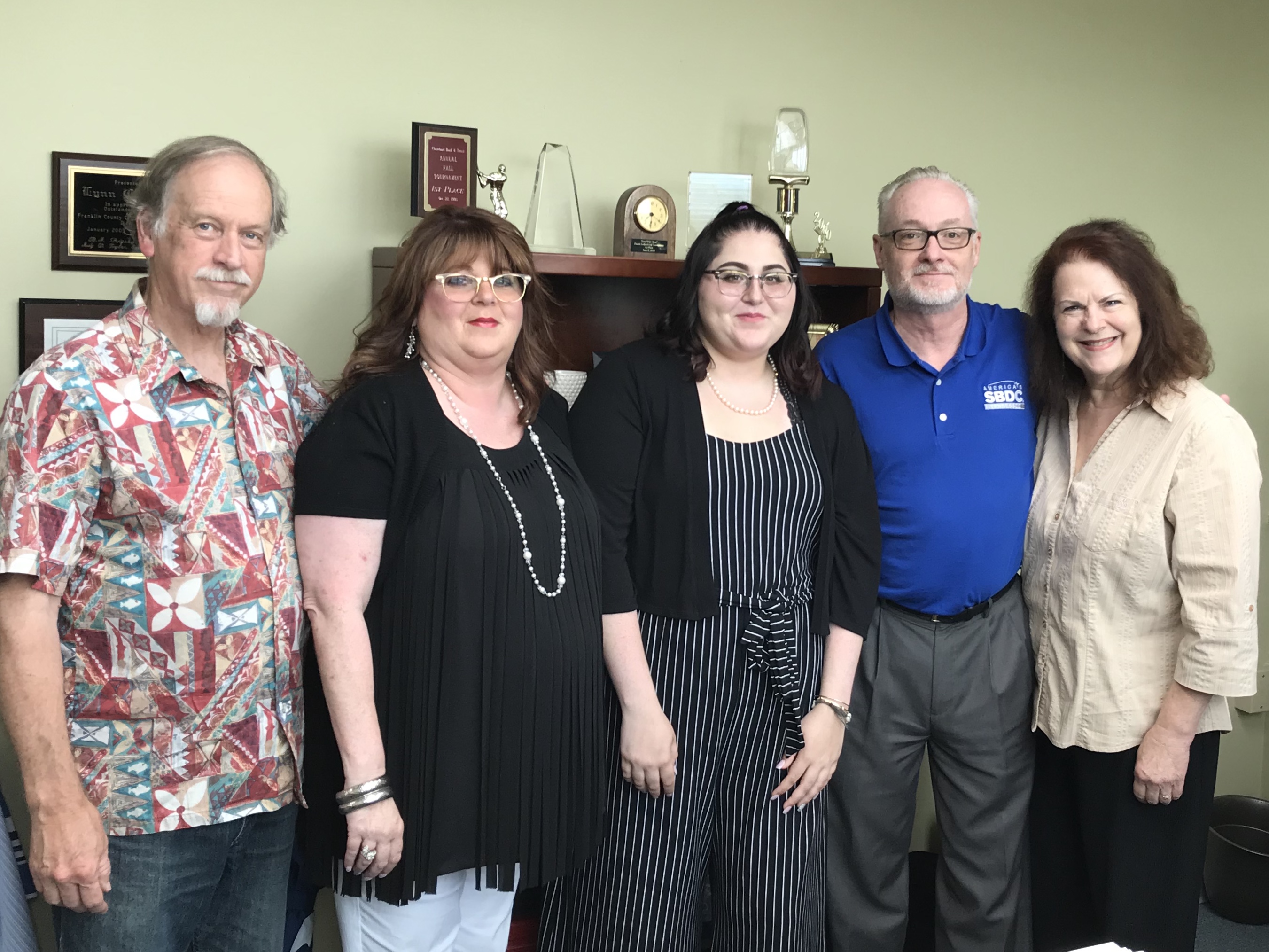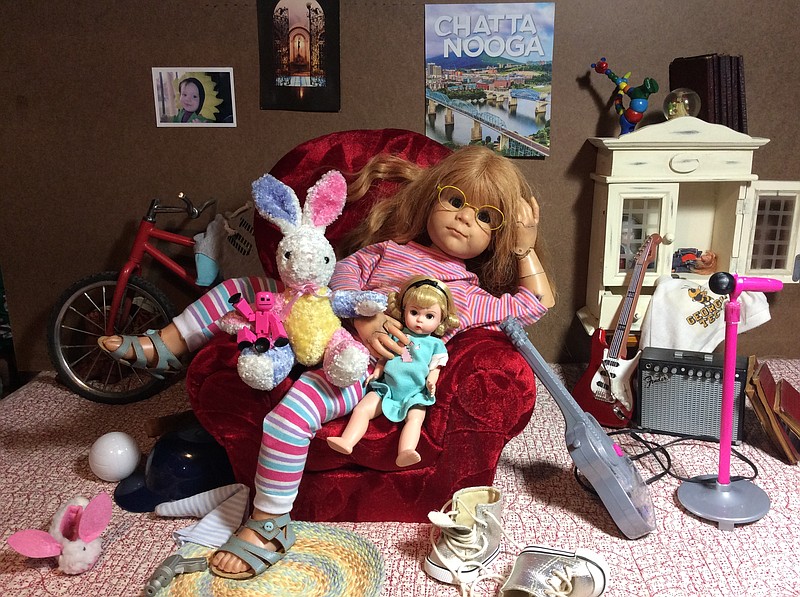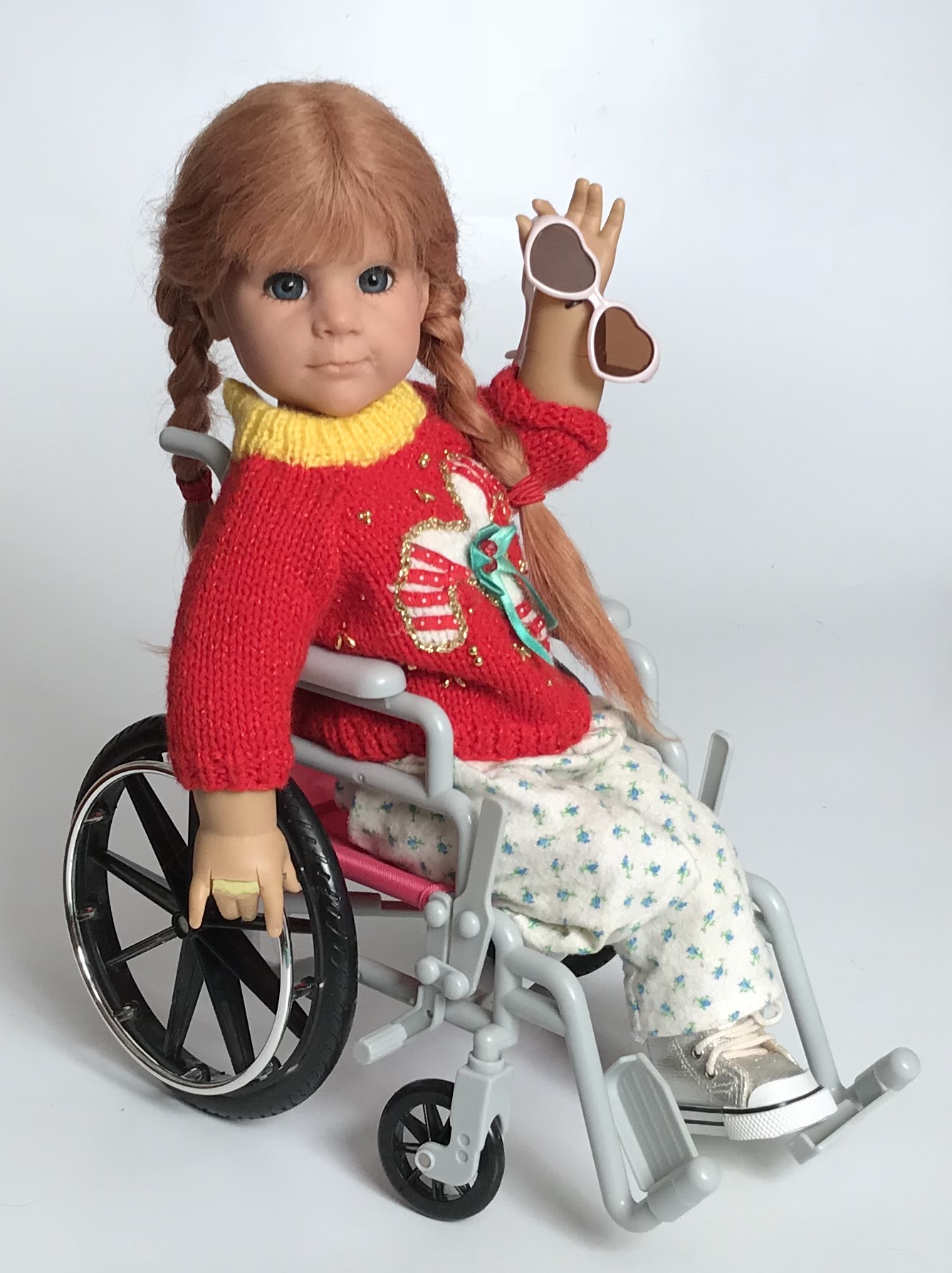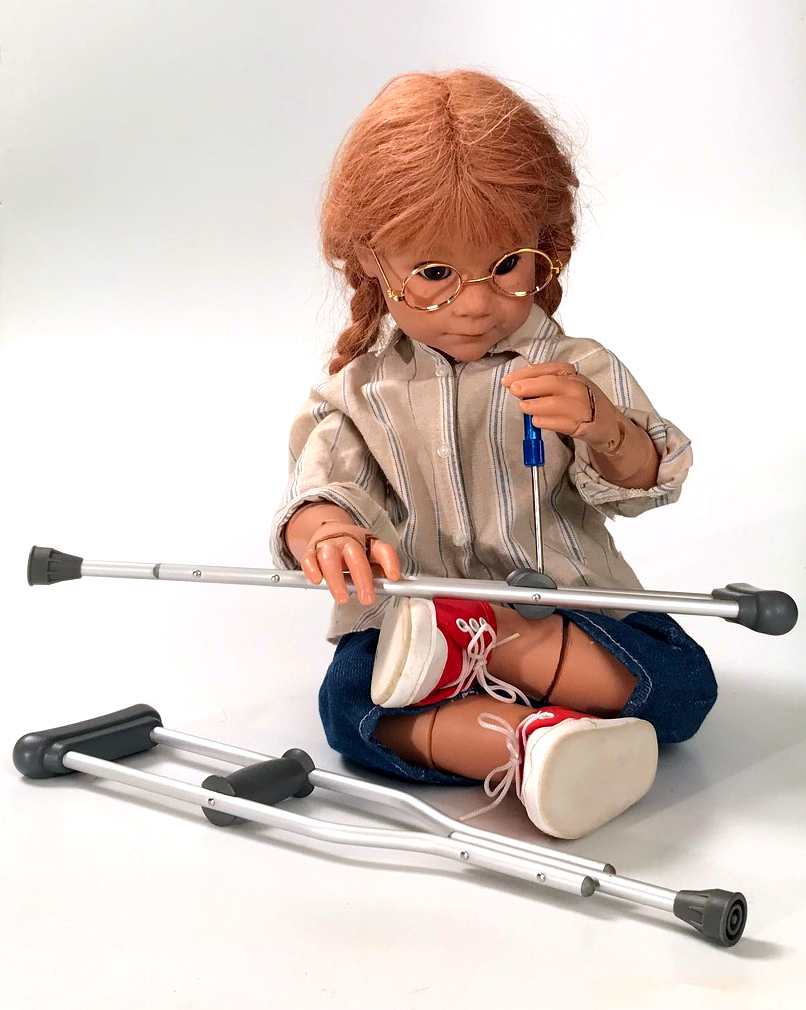On the surface, Aysha Jayne Iqbal looks like a normal 16-year-old girl. A scar near her hairline on the back of her skull is the only evidence of a congenital birth defect that required her to get brain surgery at age 7 and which continues to cause a variety of internal health issues invisible to those around her.
Even though she looks like everyone else, Aysha Jayne said she sometimes feels alone. Since her brain surgery, she has not been able to play contact sports, and instead sits on the sidelines to watch as her classmates play.
When she was in the hospital for her surgery, Aysha Jayne brought along her American Girl doll. Customized to look like her, the doll shares some of Aysha's basic physical characteristics, like hair, skin and eye color. It made her feel less alone.
At the hospital for followup visits, she saw kids with cancer who had lost their hair from chemotherapy and kids who had lost limbs. She thought about how those kids could not get dolls that looked like them, and ever since she's dreamed of creating a doll that could be altered to give kids with disabilities or differences something they could see themselves in.
For years, Aysha Jayne and her family looked for someone who could help make her idea a reality, but their search for a dollmaker came up empty. Then, two years ago, her mom happened to call someone who was eating lunch with artist, designer and inventor Rick Harrison and his longtime friend Marsha Roberts.
Harrison, a Chattanooga resident whose grandfather was a toy designer, is a trained sculptor familiar with the casting processes necessary to build a prototype of Aysha's doll. Instead of bending only at the shoulders and waist, he knew he could build an all-vinyl doll with movable joints that could be altered to reflect a variety of disabilities and physical differences. He took four dolls and altered them in different ways - one is missing a leg, for example, and another sits in a wheelchair - to show how it could be done.
Roberts, a former pediatric nurse, immediately thought of different ways the dolls could be used in a hospital setting. Child life specialists could use them to demonstrate medical procedures for patients, as they currently do with either cloth dolls or their own bodies.
They initially thought of the dolls as a side project, but it's since become a full-time job for both Harrison and Roberts. They're calling the dolls Aysha's Friends.
"It gradually became more apparent that this was a calling," said Roberts, an East Ridge resident.
They've pitched the idea to Siskin Children's Institute, Children's Hospital at Erlanger, Signal Centers and other local organizations that could provide input on how the dolls could be used.
"We want to develop this in the way that is most useful to the people who need it," Roberts said, adding that everyone has loved the idea and offered lots of feedback on its potential.
She and Harrison received a $6,000 microgrant from economic development agency Launch Tennessee to begin the prototype process, but are looking for investors to raise the capital necessary to produce the doll. Baylor School is allowing them to use its 3-D printer, and students will be assisting with the process.
Eventually, they plan for the dolls to be manufactured in Chattanooga, said Harrison.
Aysha Jayne said it feels amazing to finally see her idea come closer to being a reality. Her hope is for the dolls to bring all kids together through play, regardless of whether they have disabilities or special needs.
"I want them to realize the kids with disabilities aren't that different, so they don't feel alone like I do sometimes," she said. "I want to change the lives of so many people."
To learn more about Aysha's Friends, visit ayshasfriendsinc.com or email info@ayshasfriendsinc.com.
Email Emily Crisman at ecrisman@timesfreepress.com.
 Contributed photo / Aysha's Friends co-founders Rick Harrison, left, and Marsha Roberts, right, visit with the doll's inspiration, Aysha Jayne Iqbal, center. They are joined by Aysha's mom, Julie Lieberman Iqbal, second from left, and Tennessee Small Business Development Center Director Lynn Chestnut.
Contributed photo / Aysha's Friends co-founders Rick Harrison, left, and Marsha Roberts, right, visit with the doll's inspiration, Aysha Jayne Iqbal, center. They are joined by Aysha's mom, Julie Lieberman Iqbal, second from left, and Tennessee Small Business Development Center Director Lynn Chestnut.

